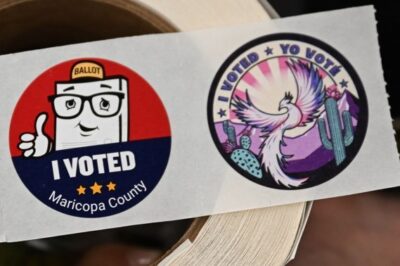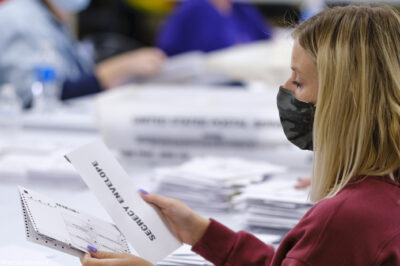A voting rights victory in Georgia was long overdue, but now there's cause for celebration.
Ever since the state enacted its draconian voter ID law in 2005, Georgia has been at the center of the voting rights storm. Recently, a group of local activists (laughably) calling themselves the Statesboro Citizens for Good Governance set out to strip the voting rights of nearly 1,000 students at Georgia Southern University by claiming that, as students, they were not technically Statesboro residents.
Not long after Laughlin McDonald, Director of the ACLU's Voting Rights Project, publicly exposed this effort as the thinly veiled fraud that it is, the so-called Statesboro Citizens for Good Government quietly withdrew its voter challenges. Now, the blocked ballots from this month's election will be counted and these students will have an equal say in how their community is governed. This is great news, as another shameless assault on the right to vote has been defeated.
There is still plenty of work to be done. Procedural restrictions like the Statesboro residency challenge have been used by partisans to disfranchise voters for years. And with next year's election fast approaching, there will certainly be more of the same. As Laughlin wrote:
Unfortunately, our nation has a long and shameful history of targeting various groups and denying or suppressing their right to vote. The South disfranchised blacks in the aftermath of Reconstruction through such devices as literacy tests, poll taxes and durational residency requirements... In the last several years we have seen a wave of laws passed by states requiring voters to present a photo ID at the polls on Election Day. The laws were enacted ostensibly to redress the nonexistent problem of fraudulent in-person voting.
In the absence of meaningful federal rules governing elections, the ACLU will continue to stand up to the anti-democratic interests that continue to suppress electoral participation under the guise of procedural restrictions.
Stay tuned as one of our voting rights cases comes before the Supreme Court: Crawford v. Marion County Board Election Board, which will determine whether Indiana's voter ID law unconstitutionally burdens citizens' right to vote.



